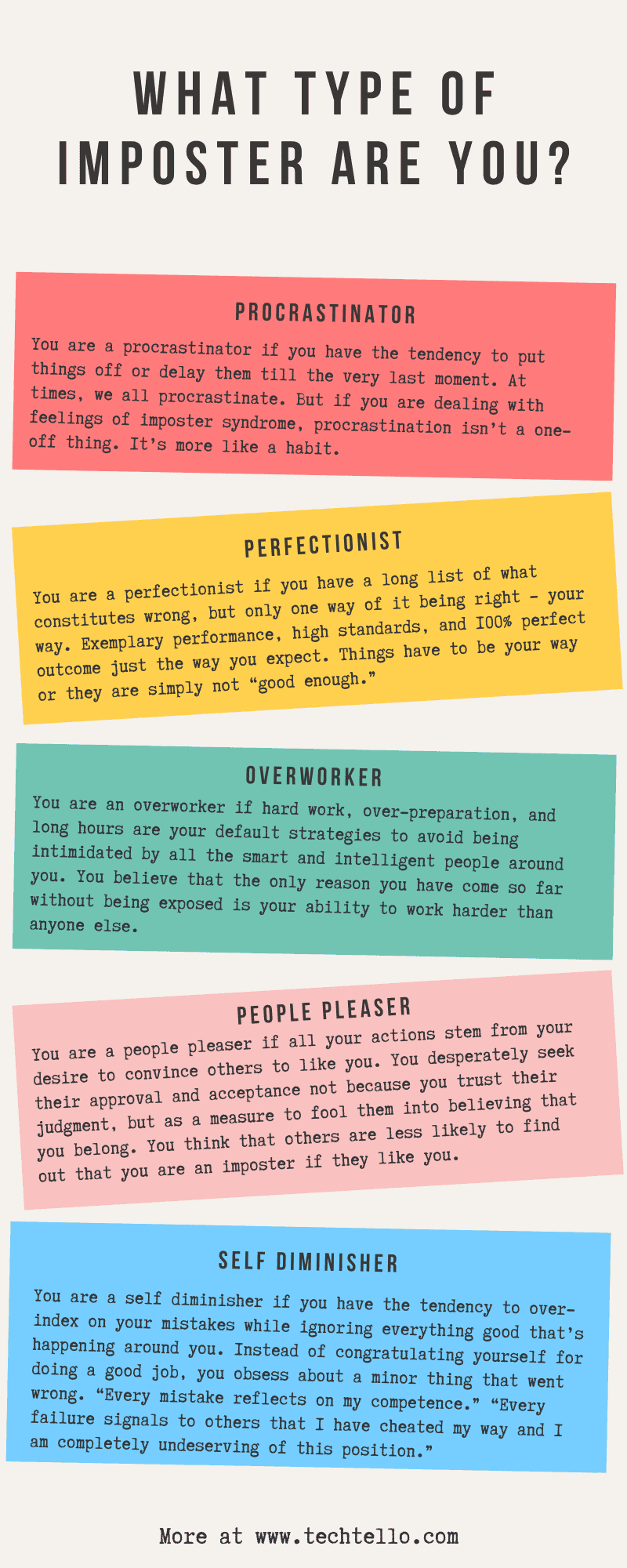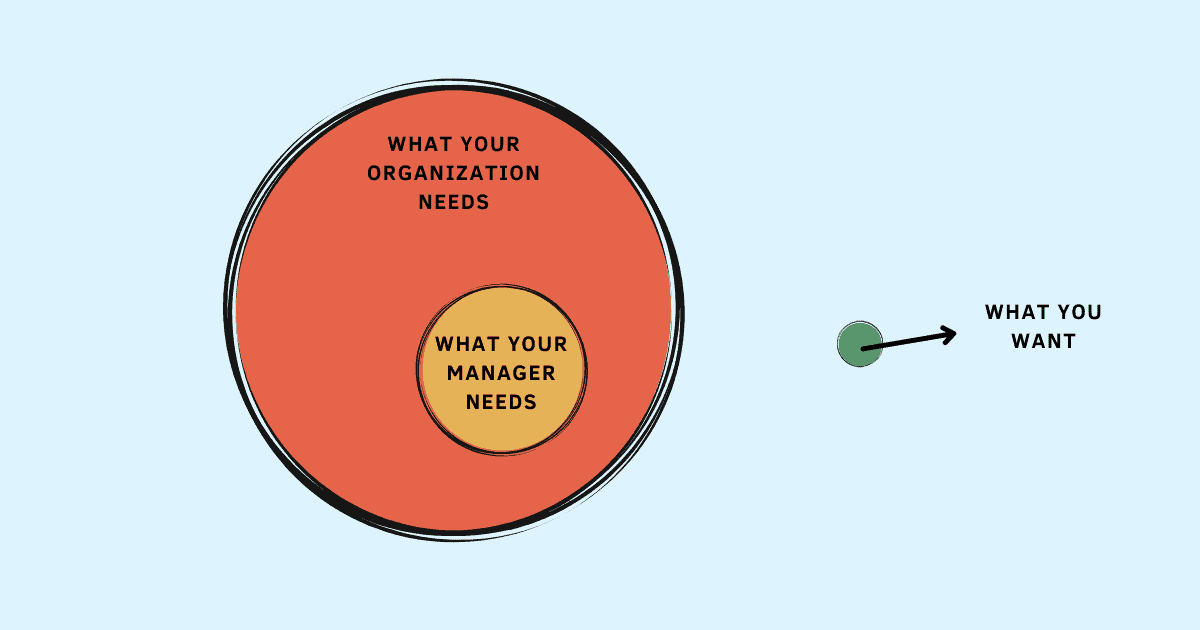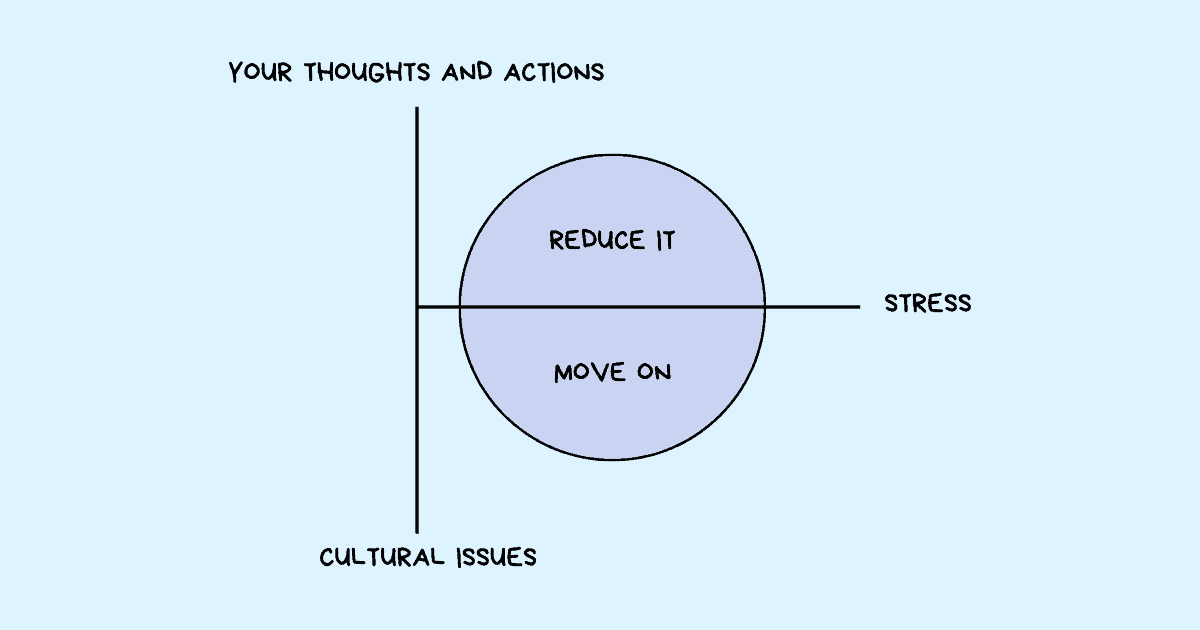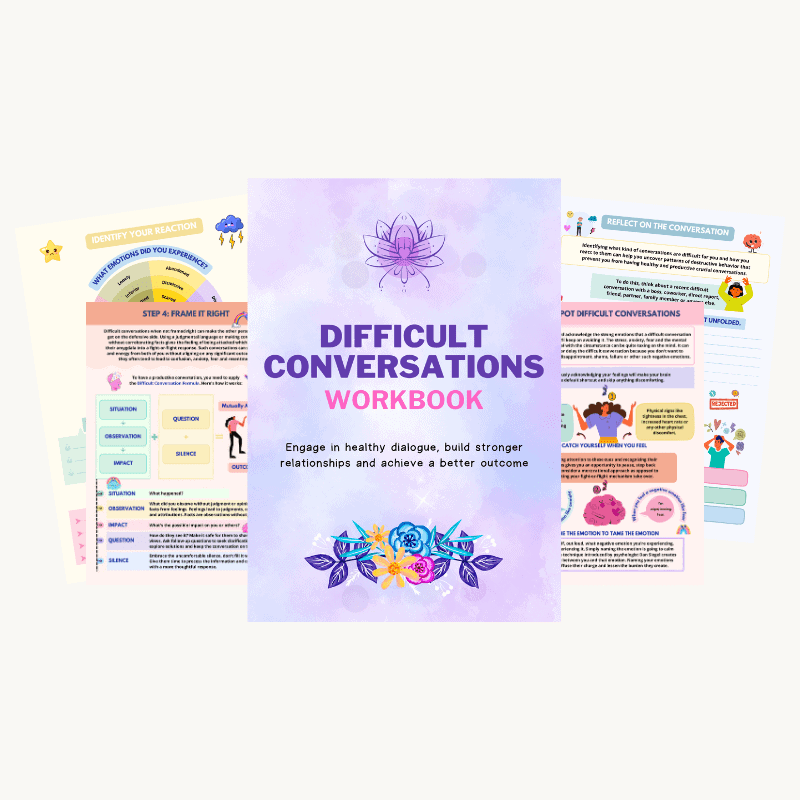What Type of Imposter Are You?
I felt like a fraud for a large part of my work life. With every promotion, every big project, and every challenge came this sinking feeling – “I am an imposter and they are going to soon find out.” “I don’t deserve this.” “They probably made a mistake trusting me with this project, position, or challenge.”
And every time I pulled it off and lived up to those expectations and sometimes even exceeded them, instead of believing in my skills and abilities and celebrating my accomplishment, my inner critic came up with another story to justify my achievement – “It was probably too easy. If I could do it, anyone can.” “I guess I got lucky this time.” “I had a team full of smart and talented people. It’s all because of them.”
My feelings were only visible to me. I never shared that I felt this way with anyone. Everyone else saw a different side of me that I didn’t believe existed. A smart, talented, confident, and highly skilled person who was good at her job. Someone they believed in. Someone they could trust with higher-level responsibilities.
I still remember the first time I traveled to work for a client in the US. While waiting at the airport, every time my phone rang, I thought it must be my boss calling me to tell me that he made a mistake and I am not qualified to do this job. At the client site, I woke up each day with feelings of being exposed and soon found out. But none of those feelings that seemed so real at the time turned out to be true. Only more projects. More customers. More travel. And with each trip, every new project, and every customer, the cycle of feeling undeserving, living with constant fear, and feeling relieved once it was all over repeated itself.
That continued for years!
Though it felt lonely at the time, I wasn’t alone. Research by the International Journal of Behavioural Science has revealed that more than 70% of people are affected by workplace imposter thoughts at some point in their lives. That’s pretty significant.
Experiencing Imposter syndrome
Imposter syndrome, though a commonly shared feeling turns out to be quite a unique experience. Its impact on each individual varies in not only how they feel, but also how they behave and act afterward.
For example…
- Your inner dialogue may tell you to keep quiet and not voice your opinion unless you are 100% confident about its correctness. Worried that a less than perfect answer will expose you.
- When you need help, your inner critic might stop you. What if asking for help makes you look incompetent and conveys to others that you don’t deserve this position?
- You may stay back late and work extra hard to keep up with all the intelligent and smart people around you. After all, your judgmental self tells you that if you don’t overwork, you will be left far behind.
- You keep putting off an important assignment with the worry that you will screw it up. It’s much easier to not try than to put yourself through the humiliation of coming up short.
Russ Harris writes in The Confidence Gap “What holds you back is not fear, but your attitude towards it. The tighter you hold on to the attitude that fear is something ‘bad’ and you can’t do the things you want until it goes away, the more stuck you will be.”
As for myself, more than naming the feeling, I needed to analyze the underlying behaviors and actions that I picked up consciously or unconsciously as coping mechanisms to deal with my feelings of imposter syndrome. Destructive behaviors that kept me away from utilizing my full potential. Behaviors that were not only damaging to my own growth but hurt those around me as well.
The more I latched onto these behaviors, the more I felt trapped. I needed to get unstuck and reclaim my potential. I needed to get rid of these behaviors.
My analysis and research lead me to 5 distinct behaviors that we may pick up as coping strategies to deal with imposter syndrome. I displayed several of these behaviors at different points in my life. I also had a predominant one, sort of my default coping strategy to deal with feelings of fraud.
Which one can you identify with?
5 coping strategies to deal with imposter syndrome
Procrastinator
You are a procrastinator if you have the tendency to put things off or delay them till the very last moment.
You can give excuses all you want “I am not able to find time” “I work well under pressure,” but the real reason to avoid the very thing you need to do isn’t lack of time or your ability to produce great work under a time crunch. It’s your fear of doing a bad job, making it evident to yourself and others that you are actually a fraud.
At times, we all procrastinate. But if you are dealing with feelings of imposter syndrome, procrastination isn’t a one-off thing. It’s more like a habit.
And every time you behave this way and still end up getting a good outcome, the unexpected success only intensifies your imposter feelings and reinforces your beliefs of being found out. After all, you didn’t put in the effort and don’t deserve this outcome. You may have fooled everyone again, but not for long.
Whenever you find yourself putting things off or delaying them with a fear of failure, ask yourself these questions:
- What is it that I am trying to avoid?
- What’s my real reason for putting it off?
- What’s the worst that can happen if I give it my best shot?
- Why do I really care so much about what others think of me that I am willing to sabotage my own chance of success?
- What’s one small step I can take today?
- What’s blocking me from making consistent progress? How can I get rid of it?
Brian Tracy writes in Eat That Frog “The law of Forced Efficiency says that there is never enough time to do everything, but there is always enough time to do the most important thing.”
By focusing on doing important things well and taking small steps towards them, you can get rid of your procrastination and turn your effort into a significant contribution.
Perfectionist
You are a perfectionist if you have a long list of what constitutes wrong, but only one way of it being right – your way. Exemplary performance, high standards, and 100% perfect outcome just the way you expect. Things have to be your way or they are simply not “good enough.”
When a project turns out well, instead of being happy about your performance, you always find that one thing you could have done better – your perfect excuse to not launch. You fear putting your work out there with the worry that others may not like it and you will be exposed.
Julia Cameron, an author, and a poet sums it up beautifully “Perfectionism has nothing to do with getting it right. It has nothing to do with having high standards. Perfectionism is a refusal to let yourself move ahead…Perfectionism is not a quest for the best. It is a pursuit of the worst in ourselves, the part that tells us that nothing we do will ever be good enough—that we should try again.”
Your perfectionist attitude also impacts how you collaborate with others. Delegation doesn’t come easy to you. If it’s part of your job, you may do it, but you are never satisfied with your team’s work, often left feeling angry, dissatisfied, and frustrated.
Your perfectionism slows your team down. Pushing others to meet your high standards leads to resistance and reluctance to work with you. You may also develop the tendency to rework someone else’s work even though they did a great job only to satisfy your inner perfectionist. Your intention may not be wrong, but it does convey to them that they aren’t competent and you don’t trust them.
Now, I am not suggesting in any way that you shouldn’t set high standards for your team or expect anything less than excellence. But excellence and perfectionism are two separate things. Excellence is about utilizing your and others’ potential to seek a great outcome. Perfectionism is about obsession.
Jessamy Hibberd writes in The Imposter Cure “Perfection might seem possible if you just try hard enough, work longer and do better, but it’s really a mirage hovering temptingly just out of reach. You might push yourself on to this beautiful oasis, but what happens when you get there? There’s nothing to see, or it turns out to be further away than you thought. Aiming for perfection means that you can never sit still and enjoy the place you are in right now; it stops you feeling content and encourages you to undervalue all you already have as not being enough.”
Whenever you find yourself thinking that something is not right, it needs correction, or it’s not good enough, ask yourself these questions:
- What makes me believe this is important?
- Does my opinion match with what others have to say? What’s their reason for agreement or disagreement?
- What will be the impact of not making this change? What’s the absolute worst that can happen?
- What other things can I do in its place that will bring more value to me, my team, and my organization?
By being selective about where you put your efforts and not wasting your time and energy on every small thing, you can slowly get rid of your perfectionist tendencies and make more meaningful contributions.
Overworker
You are an overworker if hard work, over-preparation, and long hours are your default strategies to avoid being intimidated by all the smart and intelligent people around you.
You believe that the only reason you have come so far without being exposed is your ability to work harder than anyone else. This never-ending cycle of the feeling of ineptness, hard work, and success, followed by more ineptness is only a trap. Before you know it, it turns you into a workaholic.
It keeps you on your toes with the belief that the only way to cover up your fraud is to work harder than everyone else. Working super hard may combat your feelings of imposter syndrome, but the price you have to pay is significantly higher. Spending all that time working makes you neglect your health leading to exhaustion and burnout. You may also spend less time with your family. Is your professional success really worth all this sacrifice?
To separate hard work that’s necessary to do anything well from working hard only to cover up your feelings of ineptness, ask these questions:
- What’s my reason for putting in these extra hours?
- Instead of working hard to prove my competence to others, what if I focus on only becoming my best self?
- What will these extra hours help me earn? Why is it important to me?
- What do these extra hours help me avoid? Why am I right in avoiding those things?
By carefully spending your time and energy, you will get better control over your life, achieve more in less time and build the confidence required to achieve anything significant without killing yourself in the process.
People pleaser
You are a people pleaser if all your actions stem from your desire to convince others to like you. You desperately seek their approval and acceptance not because you trust their judgment, but as a measure to fool them into believing that you belong.
You think that others are less likely to find out that you are an imposter if they like you.
Helping others out of genuine care goes a long way in establishing trust and building better relationships at work. But when it stems from the desire to make others think favorably of you, manipulating how they perceive you by doing things that make them happy, seeking constant validation, acceptance, and approval to establish your own sense of self-worth, it’s utterly damaging to your own self and your relationship with others.
Aziz Gazipura writes in Not Nice “At its core, being nice is about being liked by others by making everything smooth. No waves, no friction. It’s based on this (woefully inaccurate) theory: If I please others, give them everything they want, keep a low profile, and don’t ruffle feathers or create any discomfort, then others will like me, love me, and shower me with approval and anything else I want.”
With your actions rooted in fear of rejection, feeling of helplessness, risk of failure, discomfort from displeasing others, and not having the courage to receive their disapproval, you let your imposter feelings get in the way of achieving excellence.
Whenever you find yourself doing something not because it’s the right thing to do, but because you fear detection, ask these questions:
- What’s driving my current behavior – fear of being rejected or a genuine desire to help?
- Can I really build better relationships by fooling others to like me?
- What can I do to actually add value to my work? What’s really the right thing to do?
- What’s more important – seeking approval or adding value?
By giving up your tendency to seek approval and relying on your own measures of self-worth, you can shift from being a people pleaser to a highly recognized and valuable contributor.
Self diminisher
You are a self diminisher if you have the tendency to over-index on your mistakes while ignoring everything good that’s happening around you. Instead of congratulating yourself for doing a good job, you obsess about a minor thing that went wrong.
This is how the dialogue goes on in your mind. “Every mistake reflects on my competence.” “Every failure signals to others that I have cheated my way and I am completely undeserving of this position.”
Over-indexing on mistakes and failures and trying to avoid them at all costs makes you give up on opportunities that require you to step outside your comfort zone. You try to play safe, stick to things that you know well, and avoid challenges.
Your behavior not only diminishes what you achieve but also makes you give up on opportunities that you were very well suited to perform, limiting your achievements and success.
Whenever you find yourself ruminating about your mistakes or think of passing up a great opportunity, ask these questions:
- What will staying within my comfort zone help me achieve?
- How can I learn and grow if I never make mistakes?
- What do my past failures and mistakes teach me?
- What will the new opportunity help me learn?
- What’s one small step that I can take to get over my own self-perceived limitations?
Understanding your growth is one step outside your comfort zone and using mistakes and failures as opportunities to push beyond, you can do wonderful things in your journey to become a highly accomplished person.
Hiding your imposter feelings only pushes you down the rabbit hole while learning to brave them opens your mind to new possibilities.
Summary
- Believing that you are an imposter, a fraud is a universal feeling. More than 70% of people at some point in their life feel this way.
- Although imposter syndrome is linked with feelings of inadequacy and thinking that nothing you do is ever good enough, how it plays out in your day-to-day life and impacts you varies from person to person.
- Acknowledging what you are feeling is important, but what’s even more important is to pay attention to the underlying behaviors and actions that such feelings tend to evoke.
- Your feelings of being an imposter can turn you into a procrastinator, perfectionist, overworker, people pleaser, or a self diminisher.
- You are a procrastinator if you put important things off or delay them with the fear of producing a bad outcome thereby making it evident to others that you are a fraud.
- You are a perfectionist if you have the tendency to obsess about minor details and produce a 100% perfect outcome with the worry that anything less than perfect will expose you.
- You are an overworker if long hours and hard work is your only strategy to make up for your perceived lack of skills and abilities.
- You are a people pleaser if making others like you makes you feel safe from the danger of being exposed as a fraud.
- You are a self diminisher if you try hard to stay under the radar to lower the risk of being found out.






























